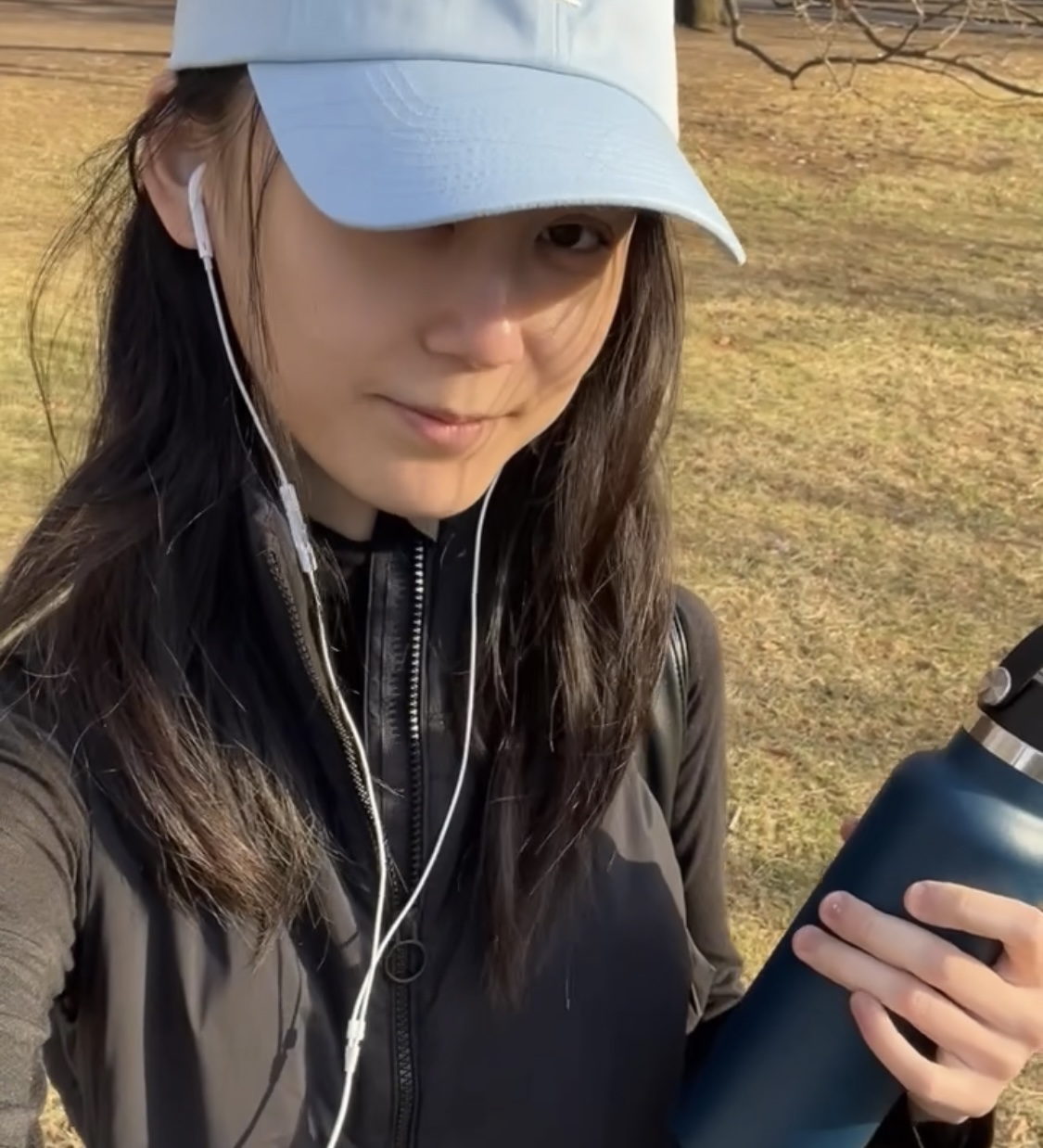
Education
Bryn Mawr College: B.A. in Political Science.
Minors in Computer Science and Math.
GPA: 3.98/4.00
Selected Coursework:
Data Strucutres, Discrete Mathematics, Data Science, Experimental Methods,
Comparative Political Parties, Time Series and Panel Data Analysis, American Politics, Behavioral Economics, Political Psychology.
Expected: Linear Algebra, Real Analysis, Machine Learning, Analysis of Algorithms
Teaching Assistantships
Research Design and Data Analysis -- Department of Political Science
Introduction to Econometrics -- Department of Economics
Data Structures; Introduction to Computing -- Department of Computer Science
Tutor and Member of the Leadership Team -- Bryn Mawr College Writing Center
Other Academic Experiences
ICPSR Quantitative Methods program, University of Michigan, Summer 2023; Summer 2024.
Maria L. Eastman Brooke Hall Memorial Scholar, Bryn Mawr College, highest GPA in the Class of 2026.
Research Assistant for Dr. Sasmaz, Bryn Mawr College; Dr. Haifeng Huang, Ohio State University.
Hacker at MIT Hackathon 2025.
Tri-College Law Review Journal editor and co-president.
Research Assistant at Project on Middle East Democracy; Foreign Policy Research Institute.
Independent thesis, with survey methods and machine learning.
UPenn Fenjan Journal author; Bryn Mawr Nimbus Literary Magazine author.
Volunteering and Other
Bids and Grant Writing intern, Integrated Technology Group, Amman, Jordan, 2024
Exchange student and researcher, University of Jordan, Jubeiha, Jordan, 2023-2024
Commercial Real Estate intern, DragonWalk, British Columbia, Canada, 2024
Muslim Teen Empowerment volunteer, multiple locations, 2021-2022
Catholic Social Services volunteer, multiple locations, 2021-2023
Personal blogger and author for community magazines, 2016-2021
Hello! I am a social-good driven student interested in the interactions between algorithms and existing social-political dynamics. Currently I am working on algorithms' roles in political communication.
- How algorithms serve as an actor in political persuasion—by deciding which content to
promote and to whom, which used to be the human job of politicians and other interests.
- The implications of algorithms becoming an actor, the subsequent changes in the level of agency
politicians and viewers have in what information to receive, and the resulting shift in public opinion distribution,
mechanisms of persuasion, and campaign composition (from more hardcore, political,
informative to more attention catching and funny)
- Affective or entertainment persuasion—convincing someone by being funny—can
further disadvantage underprivileged groups by coaxing them to vote against their interests.
Furthermore, people who rely on the general media for intellectual knowledge are those educationally
disadvantaged, and the softening trends on social media disadvantage them further on intellectual resources
In graduate school, in addition to empirically establishing my above theories,
I would like to extend into the philosophical discussions of algorithms' implications
for public opinion distribution, political choices of disadvantaged groups, and collective intelligence.
If you are reading this, I found your work very inspiring and would be really excited to work with you!
I am very excited to learn more with and about you!
Enjoy a more colorful of this page, play Tetris, or
leave a message here.